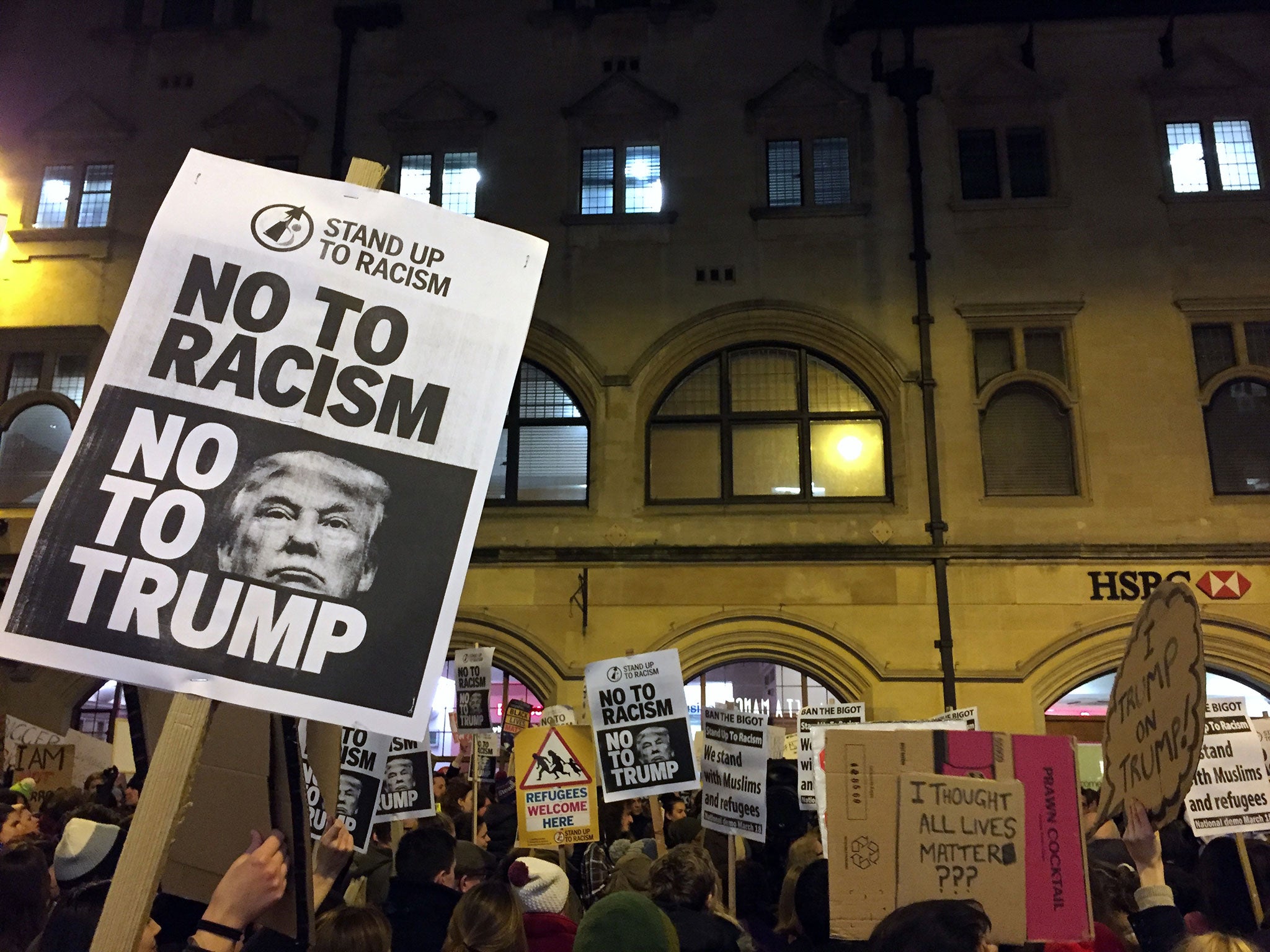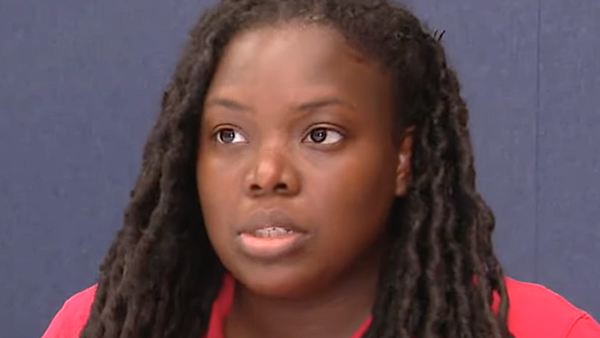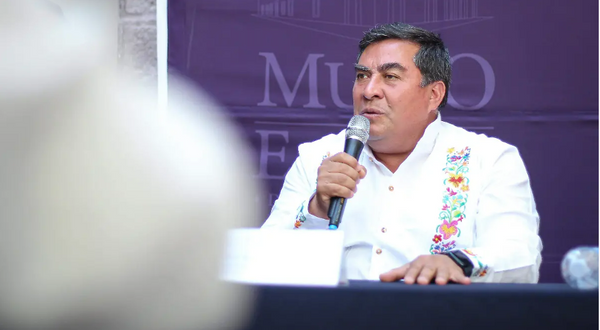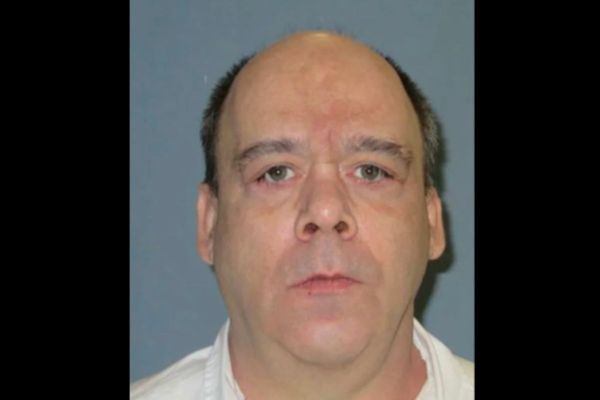The Trump administration will restrict travel to the United States from 19 countries, the White House announced in a presidential proclamation on Wednesday, unveiling limits reminiscent of his controversial first-term “Muslim travel ban”.
Taking effect on June 9, travel will be fully restricted from 12 nations: Afghanistan, Burma, Chad, Republic of the Congo, Equatorial Guinea, Eritrea, Haiti, Iran, Libya, Somalia, Sudan and Yemen. Partial restrictions will apply to seven others: Burundi, Cuba, Laos, Sierra Leone, Togo, Turkmenistan and Venezuela.
In a video statement released on Wednesday, the president said a recent Molotov cocktail attack on Jewish activists in Colorado, allegedly carried out by an Egyptian man, highlighted the need for such restrictions.
The alleged attacker, Mohamed Sabry Soliman, remained in the US after his travel visa and subsequent work authorisation expired, according to the government.
“The recent terror attack in Boulder, Colorado, has underscored the extreme danger posed to our country by the entry of foreign nationals who are not properly vetted, as well as those who come here as temporary visitors and overstay their visas,” President Trump said from the Oval Office. “We don’t want them.”
The White House told Jewish leaders at a private briefing earlier on Wednesday that the travel restrictions were tailored towards those with a background like Soliman, the Forward newspaper reports, though Egypt itself is not listed under the ban.
Lawful permanent residents, athletes traveling for the World Cup and Olympics, and those who have already been granted asylum or refugee status are among the limited exceptions to the restrictions. Others with immediate family member visas, dual citizenship with a non-restricted passport, and United Nations and Nato visas are also exempt.
The National Iranian American Council told The Independent in a statement that the policy would “deeply harm the countless Americans, including in the Iranian-American community, whose loved ones will be arbitrarily denied visas or experience racial profiling and discrimination at ports of entry based on their heritage. National origin tells us nothing about whether an individual is a terrorist threat, yet that is precisely what Trump’s bans have been based on.”
The restrictions are reminiscent of travel bans President Trump imposed in his first term, which he initially described as an explicit attempt to ban Muslims from entering the US. The bans prompted widespread protest and lawsuits, and in 2018 the Supreme Court ultimately decided to narrowly uphold a revised version of the administration’s travel restrictions.

Announcing the second-term travel bans, the president once again made explicit mention of Islam.
“We will restore the travel ban, some people call it the Trump travel ban, and keep the radical Islamic terrorists out of our country,” President Trump said of the restrictions on Wednesday.
New York Democratic congressman Dan Goldman reacted to Wednesday’s announcement, saying: “I mean, it’s pretty consistent with what his, quote unquote, ‘immigration policy’ is, which is just essentially to keep anyone who’s not white out of the country. That’s what he’s trying to do with these mass deportations of people who are going through the asylum process, which is a lawful pathway. That’s now what he’s trying to do in targeting these specific countries. And so it’s a combination of these efforts to push forward with this ‘great replacement theory’ as well as just to distract from what’s really going on, which is a revolt against his terrible reconciliation bill that cuts taxes for billionaires and increases our deficit by two and a half trillion dollars.”
On the campaign trail, President Trump vowed to bring back his travel bans and pledged to end refugee resettlement from what he called “terror-infested areas.”
On Wednesday, separately from the travel ban decision, the president also issued a proclamation banning international students from entering the US to attend Harvard, part of the administration’s long-running battle with the university, including a now-paused attempt to strip Harvard’s ability to enrol international students.
Trump orders investigation into Biden presidency claiming aides hid his ‘serious cognitive decline’
Judge halts deportation proceedings for wife and kids of Colorado terror suspect
Newark airport runway project wraps up early, so when will flight limits ease?
WhyHunger marks 50 years of fighting for food security, a point of 'pride and shame'
Trump says he’s ‘disappointed’ in Musk’s bill-bashing: Live
College grad with no government experience now leading DHS terror prevention team







